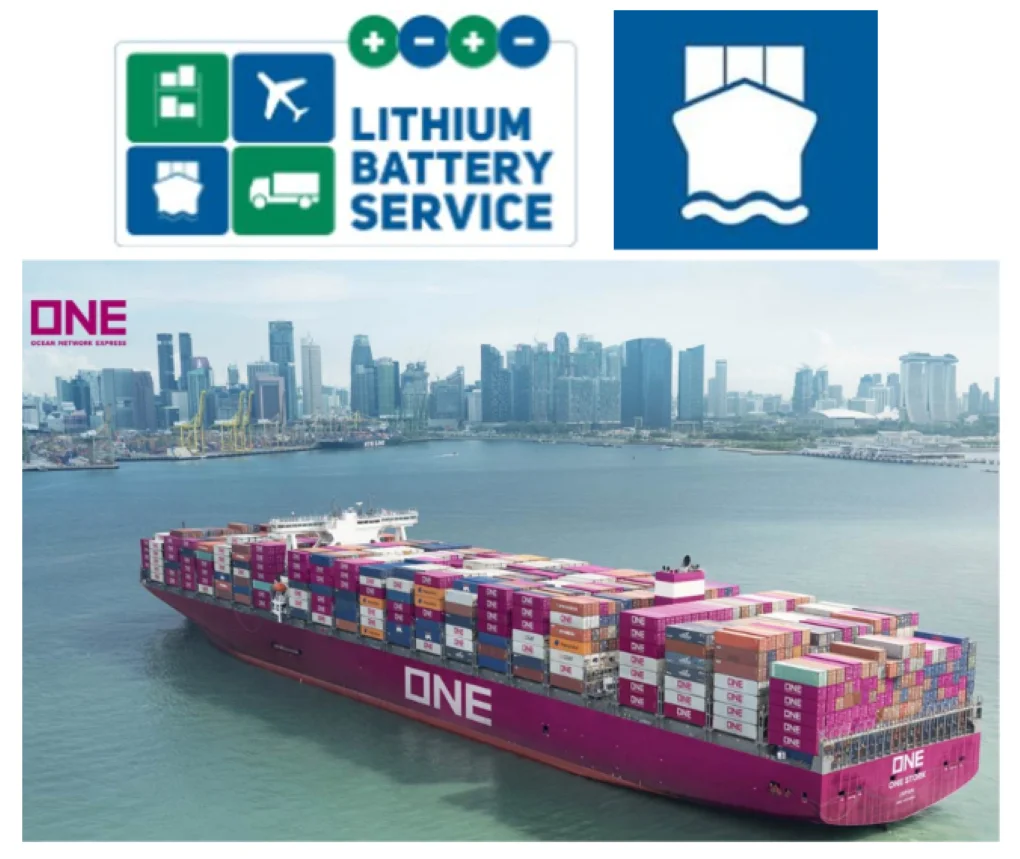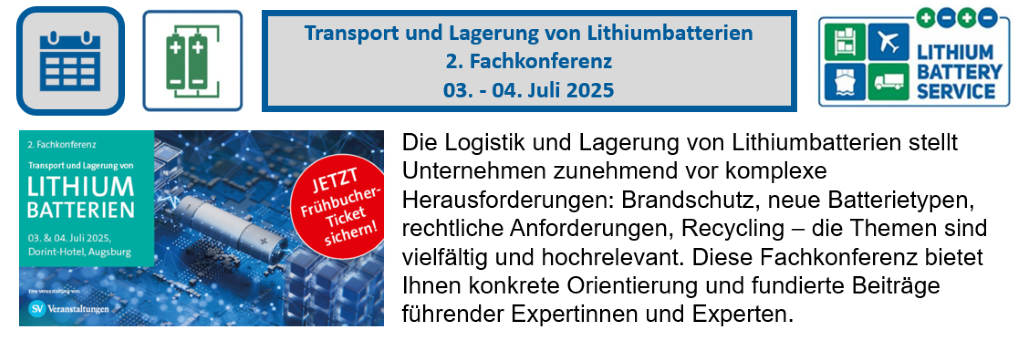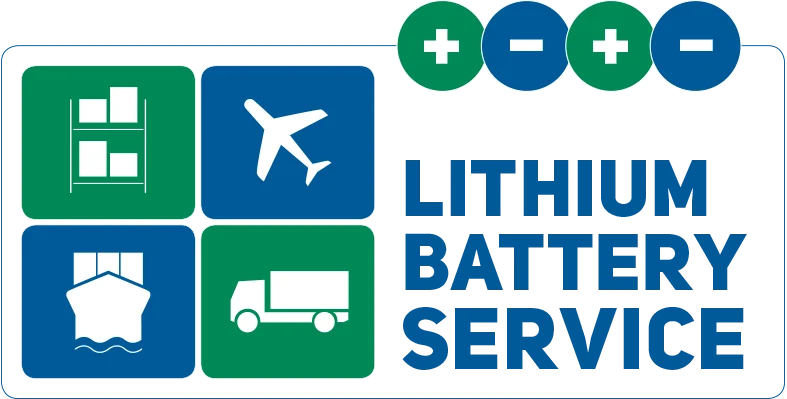Information on batteries shipped with the ocean carrier group ONE (Ocean Network Express)
It´s concerns all cells and batteries, also so called “dry batteries” like alkali mangane cells and batteries and others that are not subject to the transport regulations and also all varieties of lithium cells and batteries.

The text „Non-DG Batteries (including Lithium Battery)“ is misleading. It could be interpreted that lithium batteries fall
under the category “Non-DG” also which of course is incorrect.
Even „small“ lithium cells and batteries are classified as dangerous goods. Yet for transport there are the facilitations
of special provision 188.
We talked to a dangerous goods expert at ONE via their website´s chat function to find out whether the text
describing the requirements is only for “small” lithium cells and batteries of special provision 188.
Yet the surprising answer was: No. The requirements are valid for all lithium cells and batteries that are transported
with an ocean carrier of the ONE ocean carrier group.
In air transport we have the following cells/batteries that are not subject to the transport regulations:
- leak-proof wet batteries as described in special provision A67;
- Dry cells and dry batteries (like alkali-manganese, zinc-carbon and nickel-cadmium), as described in special
provision A123
- Nickel metal hydrid cells and batteries as described in special provision 199;
Here the link to the ONE website with the requirement: https://eua.one-line.com/news/customer-advisory-non-dg-batteries-stowage-application
More blog posts
Latest newsblog posts

Unterschiedliche Formulierungen in Regelwerken
September 30, 2025
Newsletter
Der Produktionsprozess für Lithium-Zellen und -Batterien muss, wenn diese transportiert werden sollen, einem Qualitätsmanagementprogramm (QM-Programm) unterliegen.

Weiterbildungstermine Oktober 2025
September 30, 2025
Dates
Diese Termine zur Weiterbildung können wir Ihnen anbieten:

Einstufung von Lithium-Altbatterien künftig als gefährlicher Abfall
September 29, 2025
Newsletter
Für Abfallerzeuger, -besitzer, Sammler und Beförderer ist dies von hoher Bedeutung:

38.3-Prüfberichte und die zutreffende Ausgabe des Handbuchs über Prüfungen und Kriterien
September 29, 2025
Newsletter
Immer wieder taucht die Frage auf, auf welche Ausgabe des Handbuchs über Prüfungen und Kriterien zu referenzieren sei.

Batteriepass und Batterieverordnung
September 25, 2025
Knowledge
Sie haben keine Ahnung, was es damit auf sich hat?

SV 188 (f) „Knopfzellen-Batterien“
September 25, 2025
Newsletter
Der Begriff „Knopfzellen-Batterie“, der z.B. in der SV 188 (f) auftaucht, führte bei uns im Team zu der Diskussion, ob dies auch für Batterien, die aus Knopfzellen bestehen, gelten würde.

Solid-State Battery Summit + Sodium-Ion Battery Conference
May 26, 2025
Dates
This year, the Solid-State Battery Summit will take place on August 12th and 13th in Chicago, IL, USA, as well as virtually. The Sodium-Ion Battery Conference will take place at the same time.

European seminar on the development of high-voltage batteries
May 23, 2025
Dates
The hands-on seminar focuses on the technology, design, prototype manufacturing and validation methodology of rechargeable EV batteries.

Lithiumbatterien im Seeverkehr
May 23, 2025
Dates
Die Fachkonferenz „Lithiumbatterien im Seeverkehr“ bringt am 26. Juni 2025 erneut Experten und Entscheider aus Reedereien, Versicherungen, Seespeditionen, Hafenfeuerwehren, Behörden und Umschlagsbetrieben zusammen.

Transport und Lagerung von Lithiumbatterien 2. Fachkonferenz 03. - 04. Juli 2025
May 23, 2025
Dates
Diese Fachkonferenz bietet Ihnen konkrete Orientierung und fundierte Beiträge führender Expertinnen und Experten.


